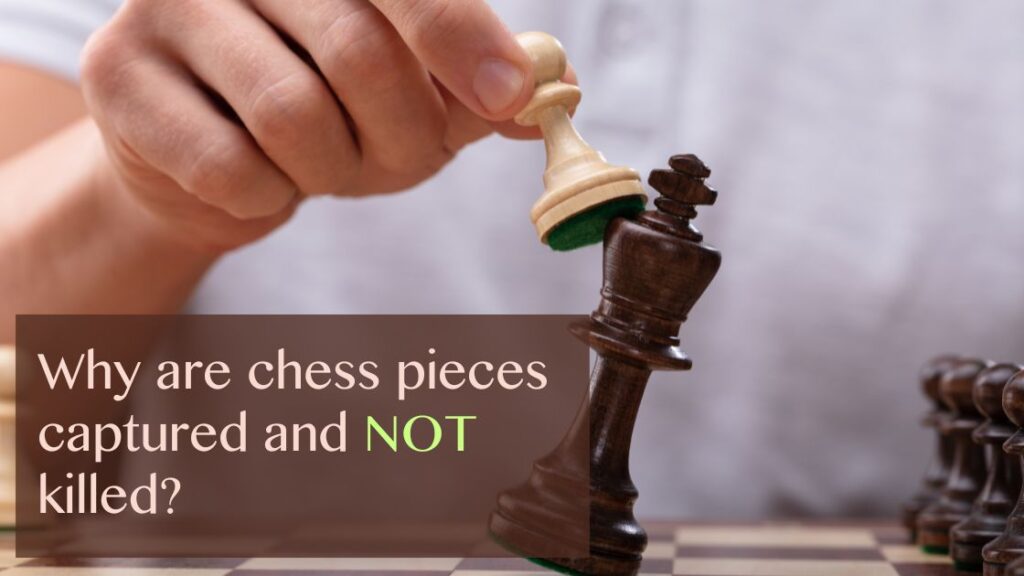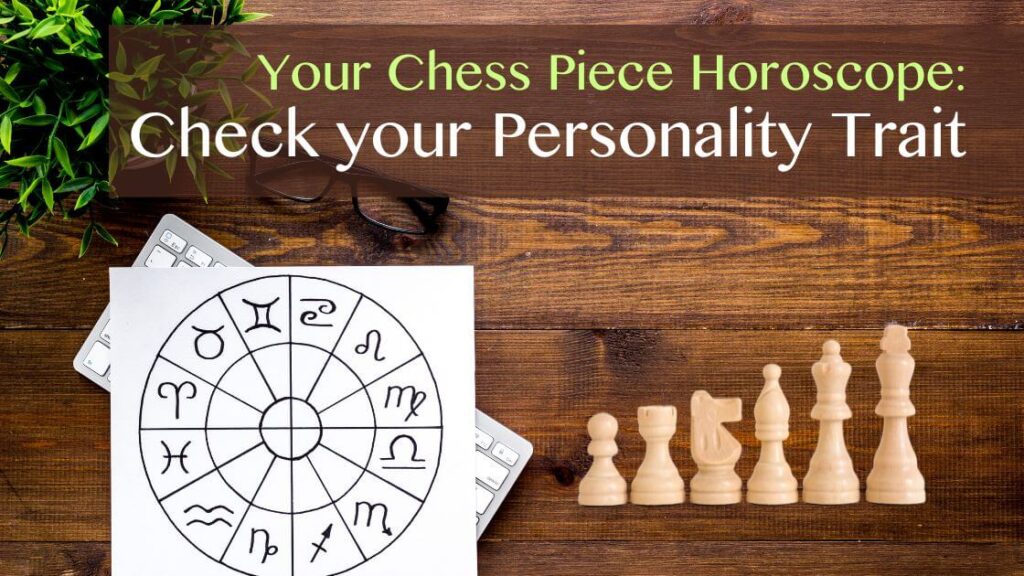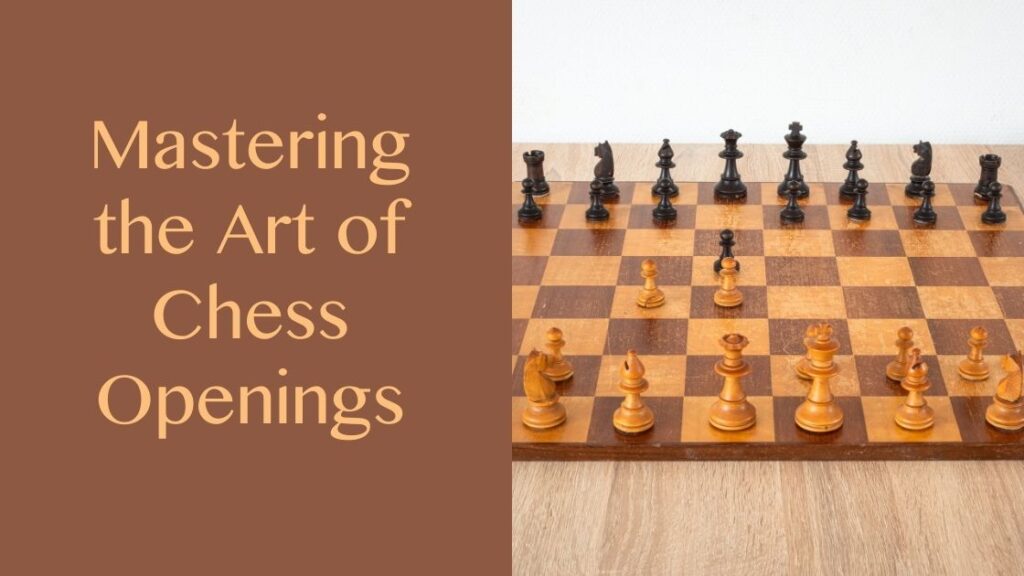How it All Started?
It was back in the 1800s when chess was really starting to take off in Europe that people began to talk about having a “world champion.” This was like saying who was the best basketball player or the fastest runner but for chess. The first struggle for the chess crown occurred in 1886 when Wilhelm Steinitz from Austria played against Johannes Zukertort from England. The winning player became the first official World Chess Champion.
The champion would play a match with another title claimant for an eternity. It was kind of a chess battle that used to decide who the best one was. People like Emanuel Lasker, José Raúl Capablanca, and Alexander Alekhine remained in the title for years.
After World War II, the International Chess Federation resumed organizing the World Championship. The first big after-war tournament was held in 1948, and the new champion found in it was Mikhail Botvinnik from the Soviet Union.
Winning the World Championship is like being the king or queen of chess. It is a big honor, and everyone else knows you are the best. It also helps in making chess popular throughout the world, with more people taking to play and learn this sport.
The Road to Chess Throne
As a chess player, you have trained for years; you know innumerable tactics, strategies, and openers. All in an effort to realize that one dream: being the next World Chess Champion! But before you can get there, you will first have to compete against the reigning champion in what is referred to as The Candidates Tournament.
Think of it as the Olympics of chess. Only the best players in the world are called for it.
How do they get in?
Well, they need to win special tournaments or have a high chess rating. It’s like being in the top league of chess. Only after this does the Candidates Tournament kick in, then it is a real battle of wits. Players fight in matches, usually some games.
It is long and tense.
The winner of this tournament faces the World Champion in a match that grants the title for the new king or queen of chess.
Some renowned chess players who won the event and became World Champions are Bobby Fischer, Garry Kasparov, and Magnus Carlsen. These people inspire millions around the world with their winning and ways of playing.
The Ultimate Chess Showdown: The World Championship Match
Imagine the greatest chess battle of your life. You are playing with the strongest player in the world, a reigning World Champion. The stakes have never been higher. This is a World Championship Match.
Traditionally such matches are best-of series of games; the winner is usually therefore determined by whoever wins more games. But it’s not about the number of wins; it’s about the quality of play, the strategic brilliance, and mental strength.
Now, where does this great showdown take place?
Equally important is the place and the venue. It has to be some old, prestigious place like a grand hotel or a historic city. The quiet place should also be comfortable and free of all distractions in order for the players to concentrate on their game. The World Championship Match is closely governed. Players cannot take any kind of outside help, including computers or advisors. They have a time limit for making a move in their turn, and the breaking of the rule attracts penalty rules.
The Chess Clock: Classical, Rapid, and Blitz
World Chess Championships have gone through evolution as one of the most crucial turning points of this championship. In earlier days, the championship used to be a classical one: the players could keep a huge time amount for making every single move. In later years, rapid and blitz chess grew in popularity.
Rapid chess follows considerably shorter time controls, normally within the range of 15 to 30 minutes per player. Greater dynamism and aggressiveness can be expected because players have to think on their feet. Even quicker games, such as blitz chess, push the time controls further down to 3-5 minutes per player; this is noted for its tactical complexity and need for speed.
Each format has its advantages and disadvantages. Classical chess is perhaps the most comprehensive game format ever produced, with players being able to concentrate solely on strategy and position during a game. The cons, however, include the very same time issues this game raises; it makes the tournament longer and more tiring. But rapid and blitz formats are more democratic, since they require much less from a player in terms of time commitment.
This fact may make them more exciting to watch because, with the quicker pace, there will also be many more dramatic and decisive games.
The addition of rapid and blitz chess to the World Championship program has tremendously enriched this event and created an inflow of enthusiasm in players and fans. In general, it reached out with its influence on a new audience of players and fans. It also challenges a traditional image of chess as a slow, very plodding game; in fact, at faster time controls, the beauty and richness of chess only shines more brightly.
But the classical format has still been holding on to determining the World Champion. The introduction of rapid and blitz chess has given a new dimension to the competition, whereby players have the chance to express themselves in another style thus making the event more varied and interesting.
The Future of the Chess Crown: A Look Ahead
The World Chess Championship is a constantly evolving landscape. As technology advances and the global chess community grows, we can expect to see changes in the format, selection process, and overall impact of the championship.
Potential Changes:
- It may also be that further experiments with time controls take place that is, still shorter, or even longer, games might be introduced. We might also see the inclusion of tiebreak systems in which more than just rapid and blitz chess is included.
- Selection Process: Candidates Tournament should be redesigned with the involvement of a much larger pool of players or developing a qualification process stemming from online performance.
- Online Integration: Websites like Chess.com or Lichess.com have grown in popularity. They may, one day, have to play a greater role in deciding qualifiers or even become sites for the World Championship.
The Role of Technology:
- Analysis Engines: Powerful chess engines can analyze games at incredible speeds, providing players with valuable insights. These engines could be used to assist in preparing for matches or even as a tool for referees to detect irregularities.
- Live Streaming: Online platforms have revolutionized the way chess is consumed. Live streaming of World Championship matches has brought the game to a wider audience, increasing its popularity and generating revenue.
- Virtual Reality: VR technology could offer immersive experiences for both players and spectators, creating a more engaging and interactive chess environment.
The Future of the Championship
The World Chess Championship is likely to remain a highly prestigious and influential event. As the game continues to grow, we can expect to see even more talented players emerging and competing for the title. The championship’s legacy will continue to inspire future generations of chess players and enthusiasts.
In essence, the future of the World Chess Championship is bright. It would still be very exciting and spellbinding to the world for some more years, with the continued innovation in technology and increased interest in the world chess community.












